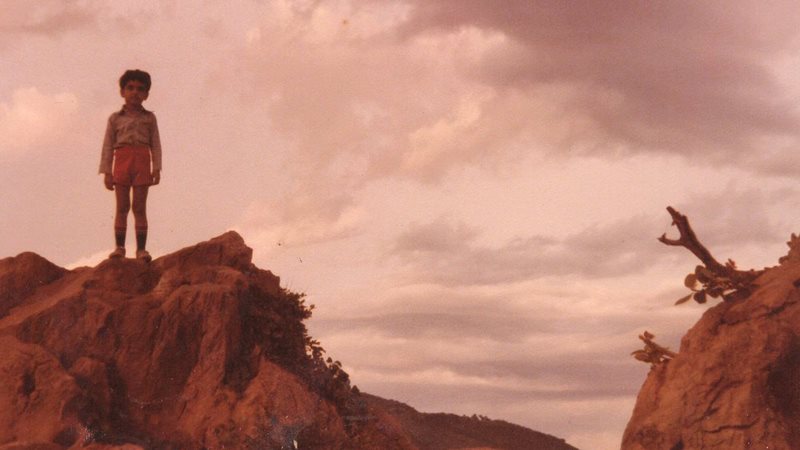Abu is a personal story of a man trying to reconcile with his father over what he can’t change
Arshad Khan’s Abu is a raw, emotional story of a fraught father-son relationship. The documentary, which had its Canadian premiere at the Fantasia International Film Festival on July 16, is composed of found footage, elements of animation, home videos and interviews.
The film follows Khan’s life, starting with his early childhood in Pakistan, continuing with his family’s move to Canada during his teenage years. Whereas Khan embraced Canadian values and multiculturalism, his mother and abu (Urdu for ‘father’) found solace in religion, turning to Islam and the religious community.
Specifically, Abu is a coming-out story for Khan about the difficulties LGBTQ South Asians face when they find themselves at the intersection of modernity and conservatism. The film tells the difficult story of Khan’s relationship with his father, whose gradual, greater embrace of Islam meant a stronger rejection of his son’s sexual identity. The use of home videos draws the audience into the story, as they can see the love, joy and tension between the different family members at different moments in their lives.
Abu is a frank, real look at a mostly taboo subject for South Asians, telling the story not only of one man navigating his new identity, but also of the hardships faced when his family cannot bring themselves to accept his lifestyle. Overall, Abu is a heartfelt, introspective look at family dynamics, and a case study for what can happen when old concepts clash with new values.




